Factors to Consider When Thinking of Egg Freezing

Is egg freezing right for you? Egg freezing, also known as oocyte cryopreservation, has become an increasingly popular option for women who want to preserve their fertility for the future. Whether you're delaying parenthood for personal, medical, or career reasons, it’s important to understand the key factors that influence egg freezing success.
Is egg freezing right for you? Egg freezing, also known as oocyte cryopreservation, has become an increasingly popular option for women who want to preserve their fertility for the future. Whether you're delaying parenthood for personal, medical, or career reasons, it’s important to understand the key factors that influence egg freezing success.
1. Age Is the Most Important Factor
The quality and quantity of your eggs decline with age, especially after 35. The earlier you freeze your eggs—ideally in your late 20s to early 30s—the better your chances of future success. Freezing eggs in your 40s is still possible but may require more cycles to achieve usable eggs.
Key tip: Younger eggs = higher success rates later.
2. Your Current Ovarian Reserve
Before egg freezing, we assess your ovarian reserve using tests such as:
- AMH (Anti-Müllerian Hormone)
- AFC (Antral Follicle Count) via ultrasound
- FSH and Estradiol bloodwork
These tests help estimate how many eggs can be retrieved in a given cycle and guide your stimulation protocol.
3. Your Long-Term Fertility Goals
Why are you freezing your eggs?
- Planning to delay pregnancy until later
- Preserving fertility before medical treatment (e.g. cancer therapy)
- Unsure about having children but want options later
- Considering donor sperm or single parenthood in the future
Understanding your goals helps shape your timeline, expectations, and the number of eggs you may want to freeze.
4. The Egg Freezing Process
Egg freezing involves several steps:
- Hormonal stimulation for 8–12 days
- Ultrasound and blood monitoring
- Egg retrieval under light sedation
- Cryopreservation (freezing) of mature eggs
At RCA, all procedures are done in-house with top-tier embryologists and advanced freezing protocols (vitrification) to ensure the best outcomes.
5. Cost and Financial Planning
Fertility preservation is an investment. While prices vary, you should plan for:
- Medication and monitoring
- Egg retrieval and freezing
- Annual storage fees
We offer customized packages, multi-cycle options, and financing support. Some employers and insurance providers may also offer fertility benefits.
6. How Many Eggs Should You Freeze?
On average, freezing 10–20 mature eggs offers a strong chance of future pregnancy. This number depends on your age and fertility profile. Some women may need more than one cycle to reach this goal.
7. Future Use of Frozen Eggs
When you’re ready, your frozen eggs can be thawed, fertilized with sperm, and transferred as embryos via IVF. Not all frozen eggs will survive thawing or fertilize successfully, which is why egg quality at the time of freezing is crucial.
1. Age Is the Most Important Factor
The quality and quantity of your eggs decline with age, especially after 35. The earlier you freeze your eggs—ideally in your late 20s to early 30s—the better your chances of future success. Freezing eggs in your 40s is still possible but may require more cycles to achieve usable eggs.
Key tip: Younger eggs = higher success rates later.
2. Your Current Ovarian Reserve
Before egg freezing, we assess your ovarian reserve using tests such as:
- AMH (Anti-Müllerian Hormone)
- AFC (Antral Follicle Count) via ultrasound
- FSH and Estradiol bloodwork
These tests help estimate how many eggs can be retrieved in a given cycle and guide your stimulation protocol.
3. Your Long-Term Fertility Goals
Why are you freezing your eggs?
- Planning to delay pregnancy until later
- Preserving fertility before medical treatment (e.g. cancer therapy)
- Unsure about having children but want options later
- Considering donor sperm or single parenthood in the future
Understanding your goals helps shape your timeline, expectations, and the number of eggs you may want to freeze.
4. The Egg Freezing Process
Egg freezing involves several steps:
- Hormonal stimulation for 8–12 days
- Ultrasound and blood monitoring
- Egg retrieval under light sedation
- Cryopreservation (freezing) of mature eggs
At RCA, all procedures are done in-house with top-tier embryologists and advanced freezing protocols (vitrification) to ensure the best outcomes.
5. Cost and Financial Planning
Fertility preservation is an investment. While prices vary, you should plan for:
- Medication and monitoring
- Egg retrieval and freezing
- Annual storage fees
We offer customized packages, multi-cycle options, and financing support. Some employers and insurance providers may also offer fertility benefits.
6. How Many Eggs Should You Freeze?
On average, freezing 10–20 mature eggs offers a strong chance of future pregnancy. This number depends on your age and fertility profile. Some women may need more than one cycle to reach this goal.
7. Future Use of Frozen Eggs
When you’re ready, your frozen eggs can be thawed, fertilized with sperm, and transferred as embryos via IVF. Not all frozen eggs will survive thawing or fertilize successfully, which is why egg quality at the time of freezing is crucial.









